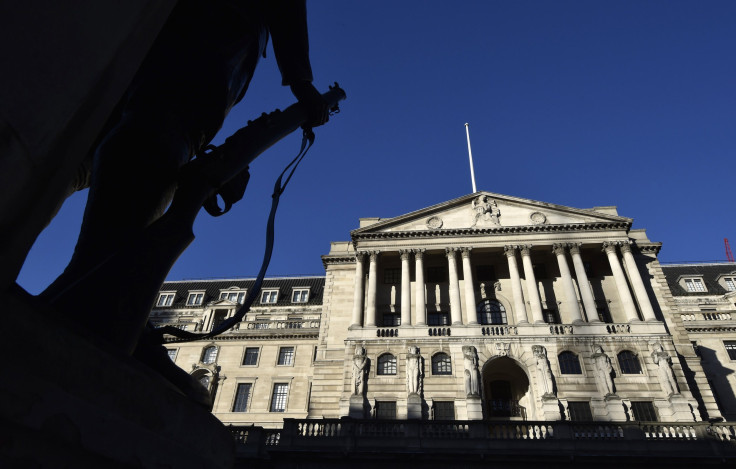BOE Unanimous On Rates, More Upbeat On Euro Zone

(Reuters) - Bank of England policymakers have grown more upbeat about the outlook for the euro zone and see a greater chance that inflation could recover strongly next year, minutes of their April policy meeting showed on Wednesday.
The minutes of the April 8-9 meeting of the Monetary Policy Committee showed that the officials voted unanimously to keep rates steady at a record-low 0.5 percent, but that for two members this decision remained "finely balanced".
The central bank said that British domestic data had been broadly in line with what they expected when the central bank made its last set of forecasts in February, but that the euro zone appeared to be recovering more strongly than thought.
"Although it was too early to be confident, a succession of firmer data suggested that growth in the euro area economy was picking up," the BoE said.
Weak demand in the euro zone has weighed on Britain's economy for years, and the BoE said the benefits of stronger growth would outweigh "any influence the ECB's asset purchase program was having on the configuration of exchange rates".
The U.S. economy had unexpectedly disappointed over the previous month, but the BoE said there was a good chance that this would prove temporary.
For some policymakers, weakness in the United States and China counterbalanced the stronger news from the euro zone, the BoE said.
British consumer price inflation hit a record low of zero in February and remained there in March, and the central bank said it still expected this rate to briefly fall into negative territory in the coming months.
However, policymakers appeared slightly more focused on upside risks to British inflation than in previous months.
Strong economic growth was unlikely to be able to continue without pushing up prices and wages, which needed to grow faster to help the BoE hit its 2 percent inflation target.
The central bank also noted the possibility that sterling strength had been having a more rapid than expected effect on inflation, implying that inflation could then bounce back more strongly when temporary downward pressures on prices faded.
Governor Mark Carney and other policymakers have said they expect the next move by the Bank to be a rate hike.
Nonetheless, the BoE's chief economist surprised investors in March when he said the recent sharp slowdown in inflation meant the bank was as likely as not to cut rates as raise them.
Financial markets are pricing in the first increase in borrowing costs next year.
Two members of the MPC, Martin Weale and Ian McCafferty voted in favor of a rate increase in late 2014 but rejoined no-hike the majority in January as inflation tumbled
The minutes published on Wednesday also showed the nine members of the MPC all voted to keep the Bank's stockpile of government bonds, amassed as a further stimulus for the British economy, unchanged at 375 billion pounds.
© Copyright IBTimes 2024. All rights reserved.





















